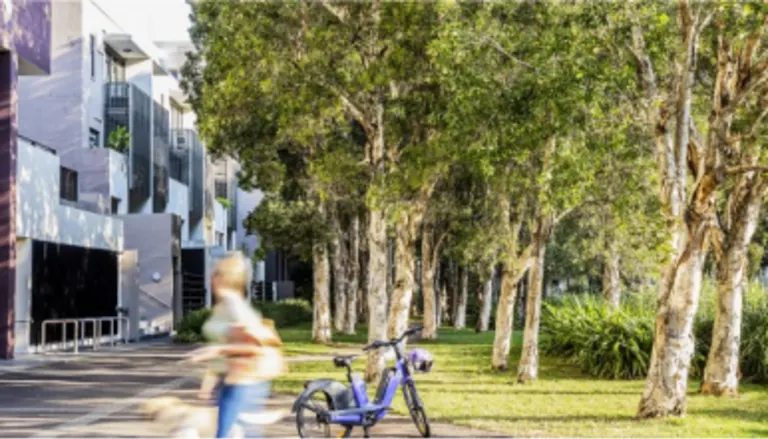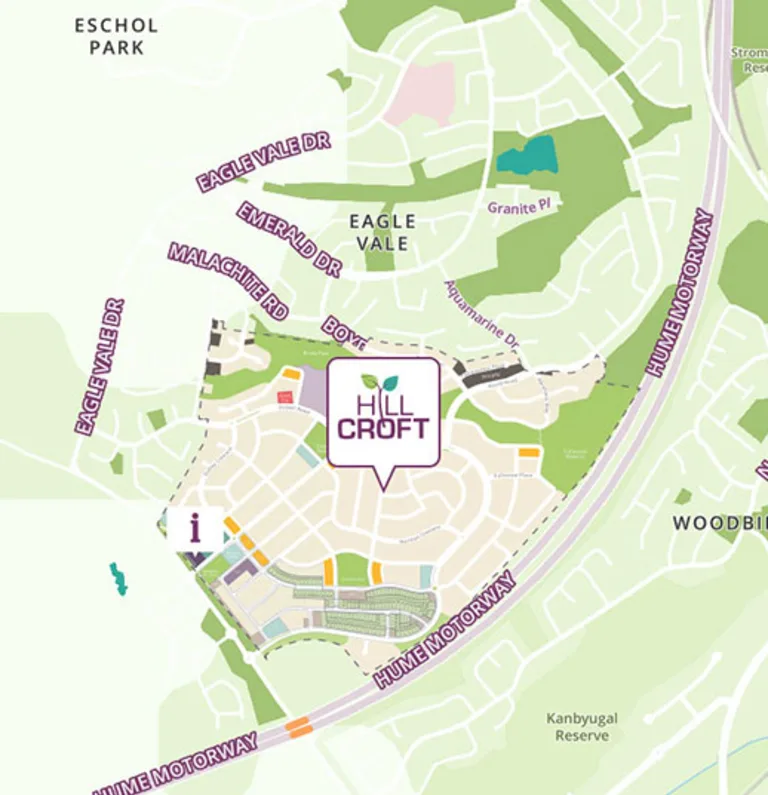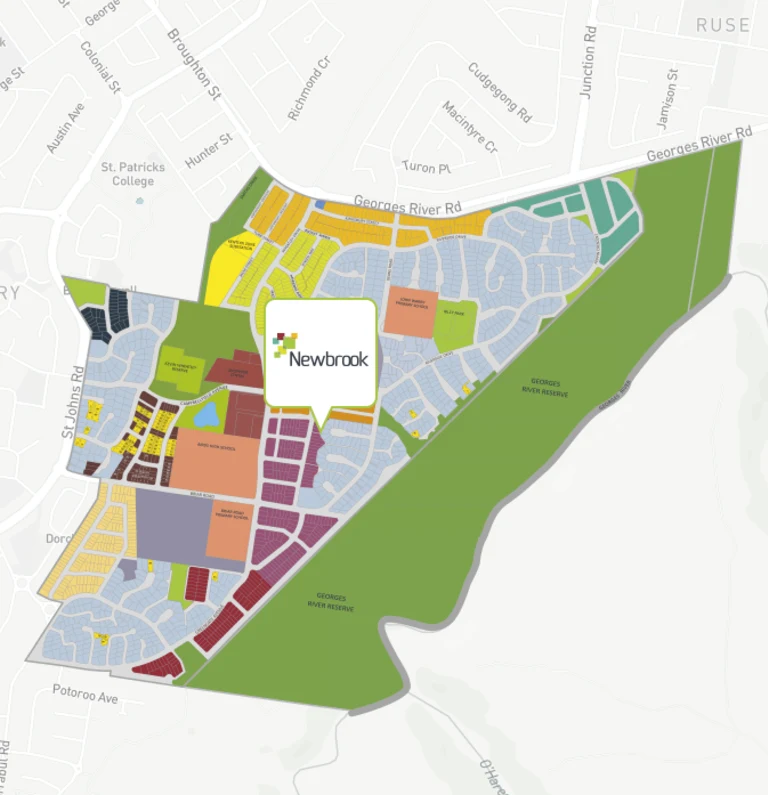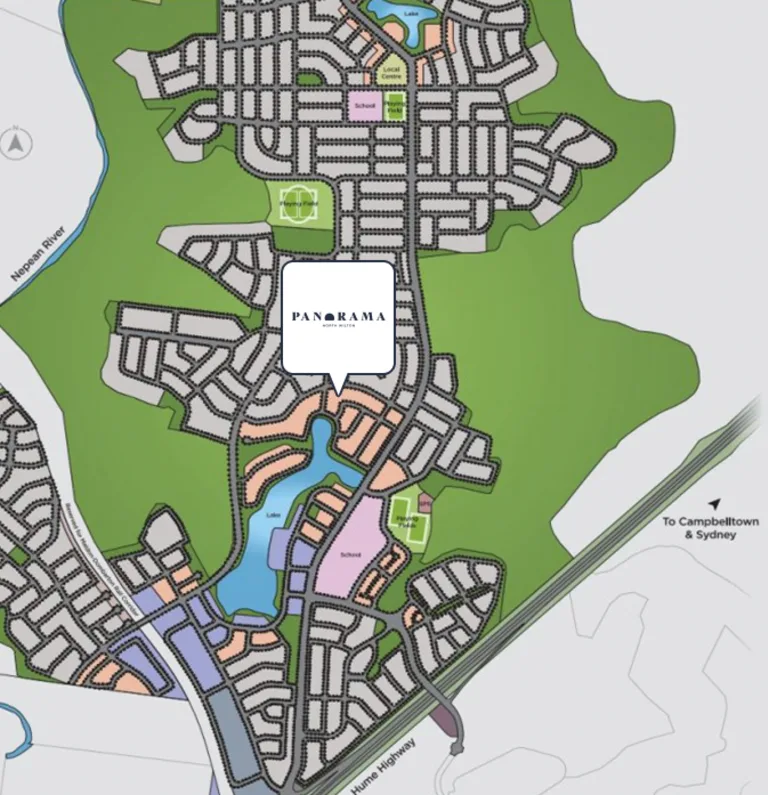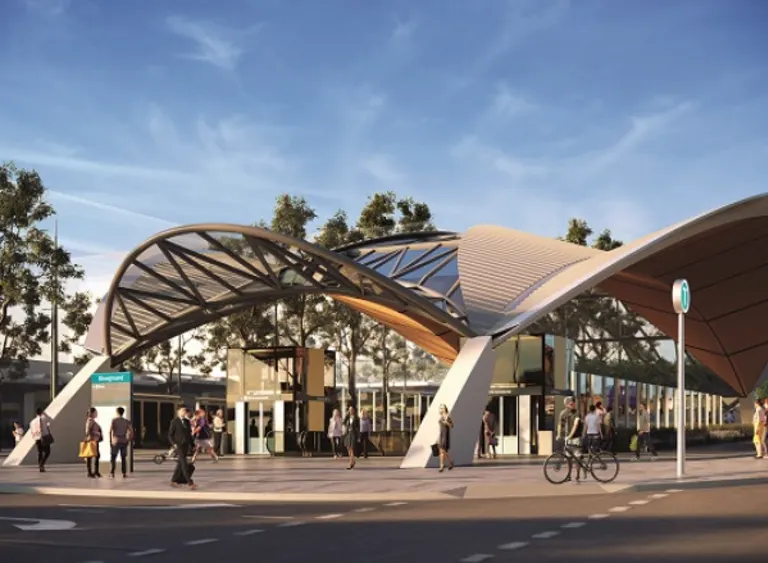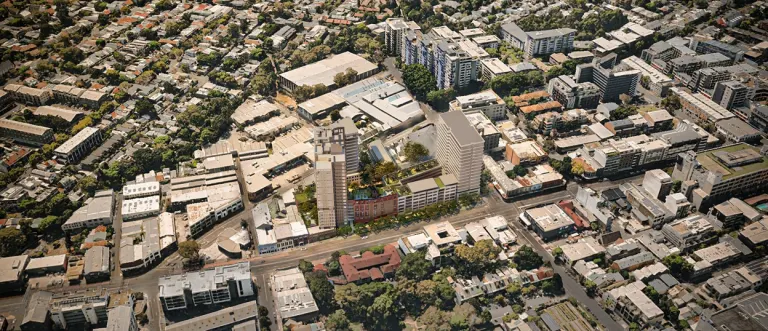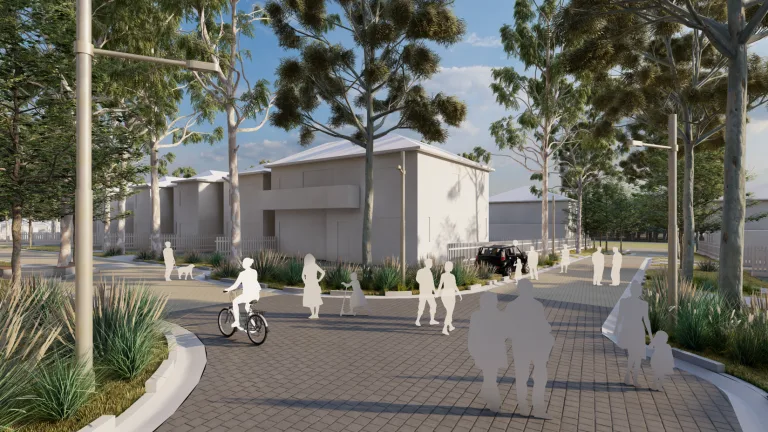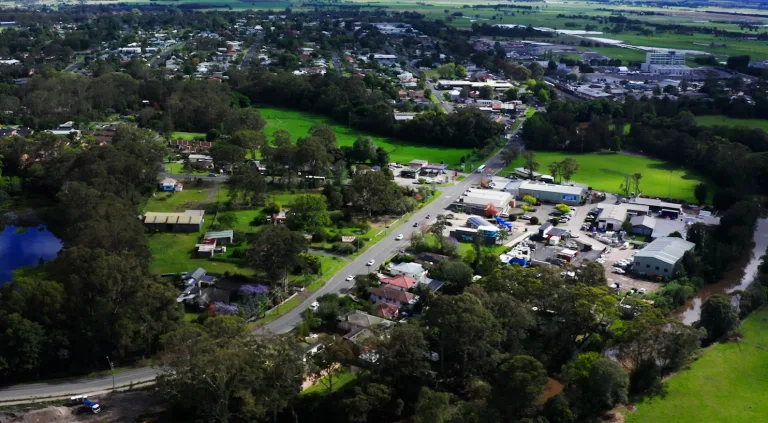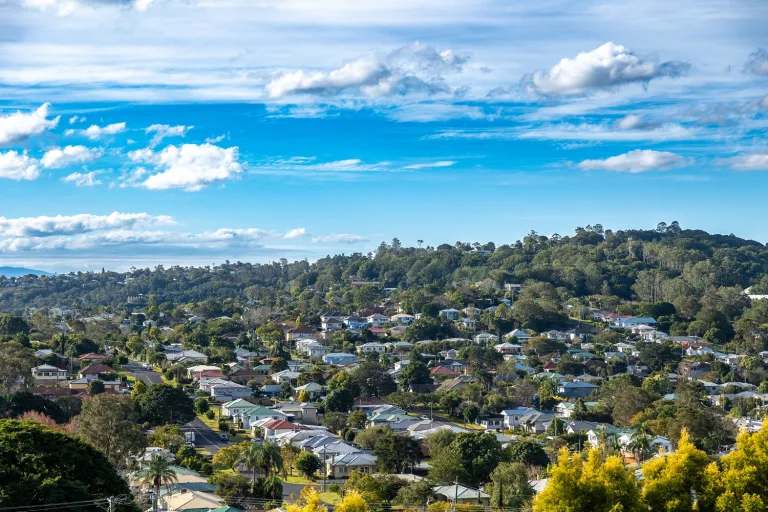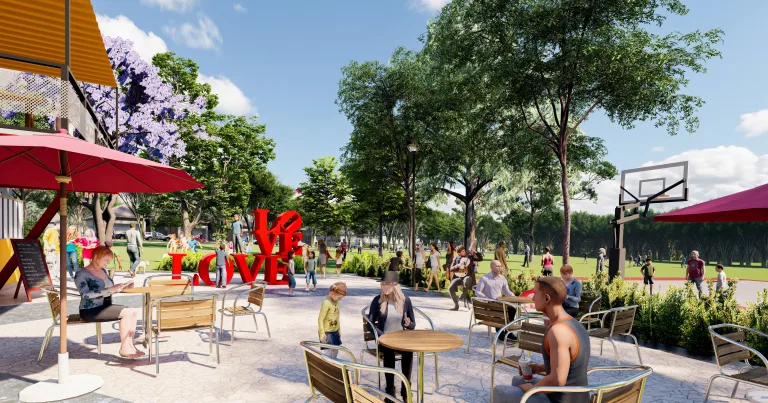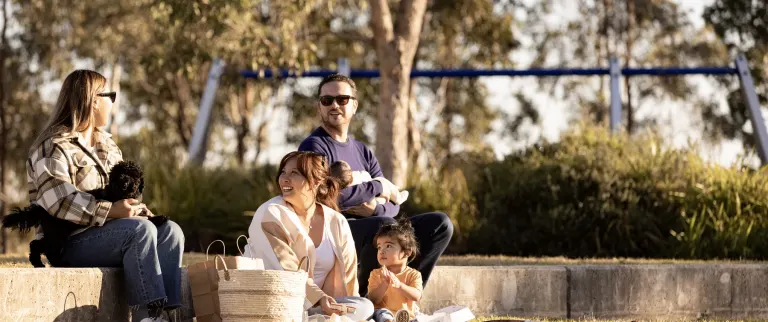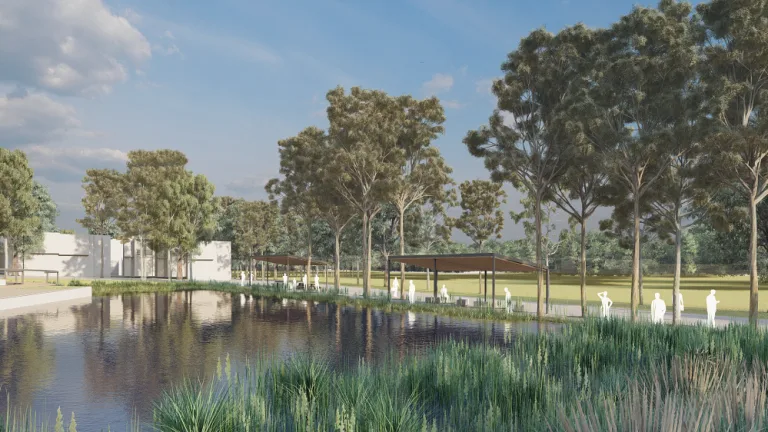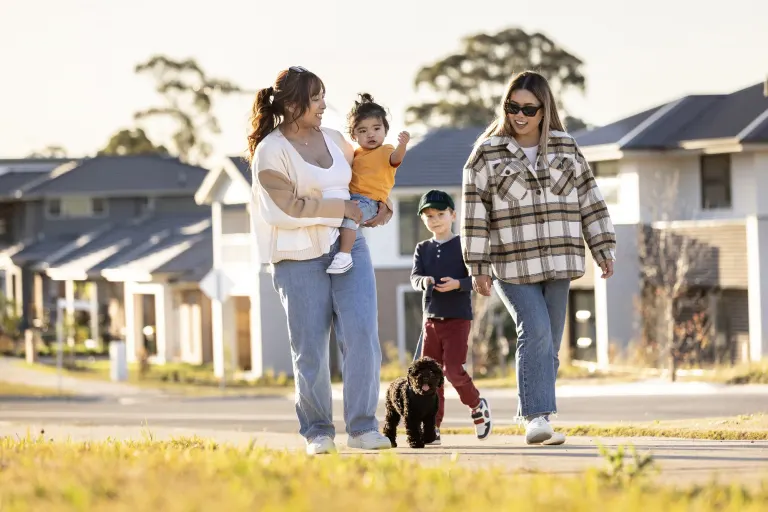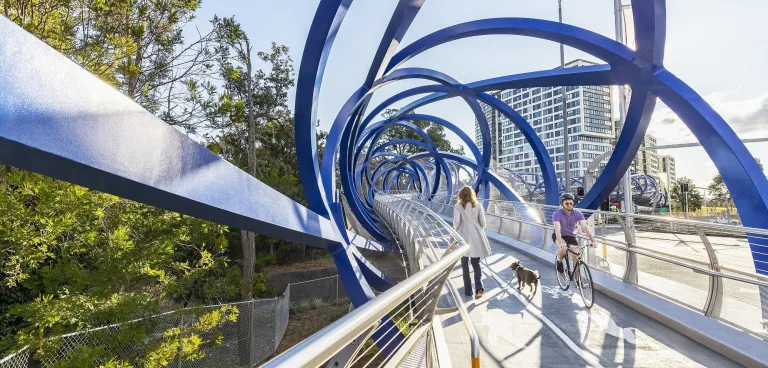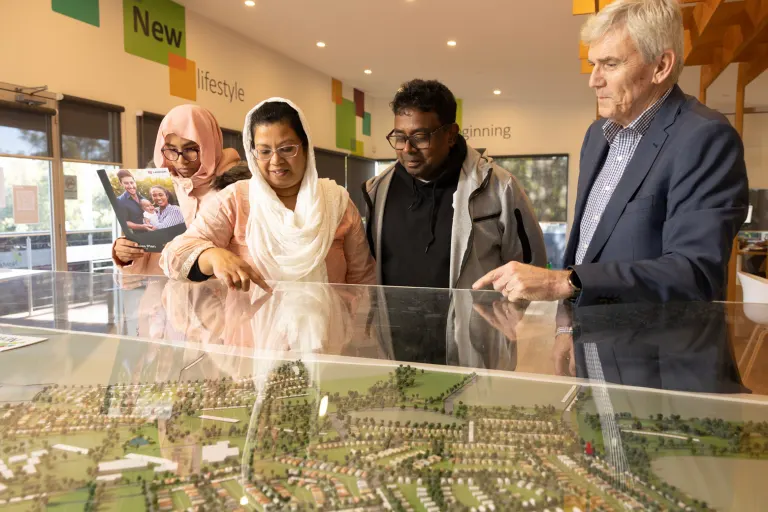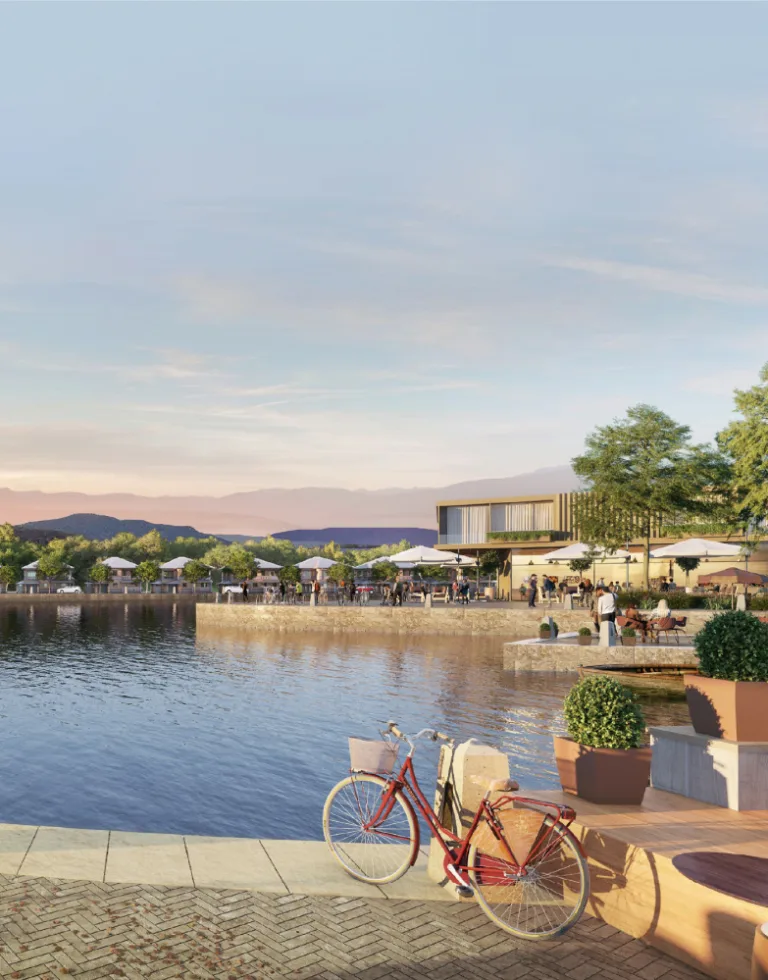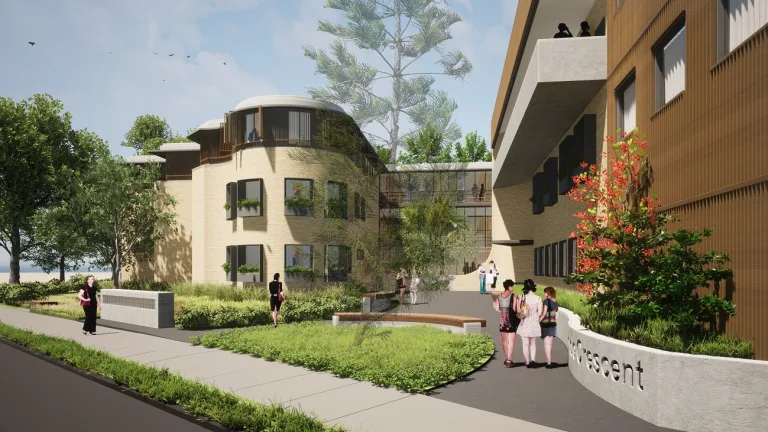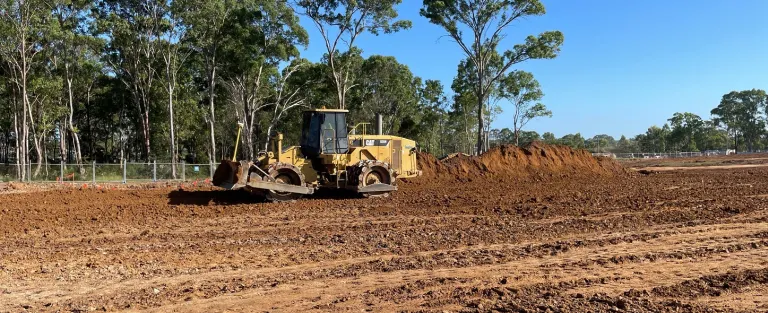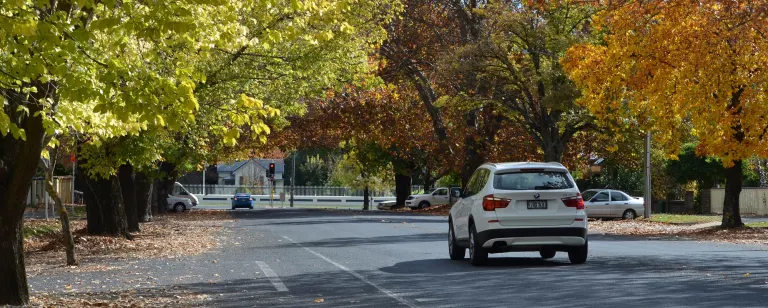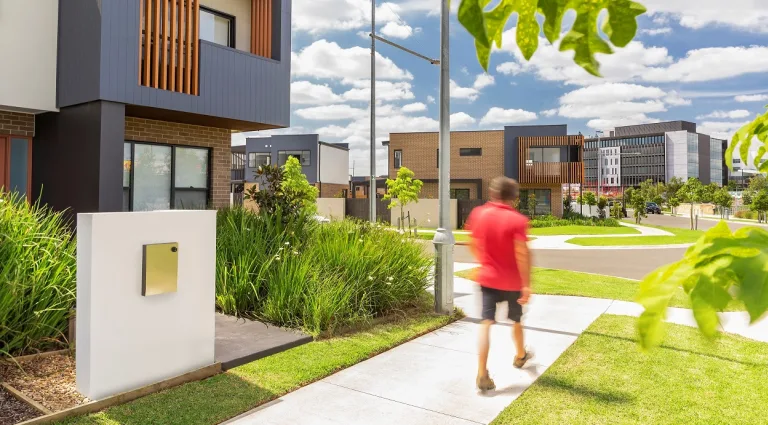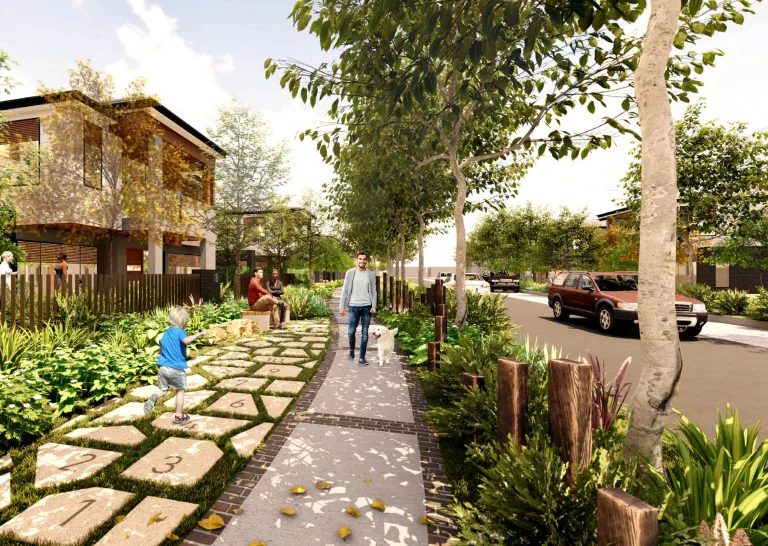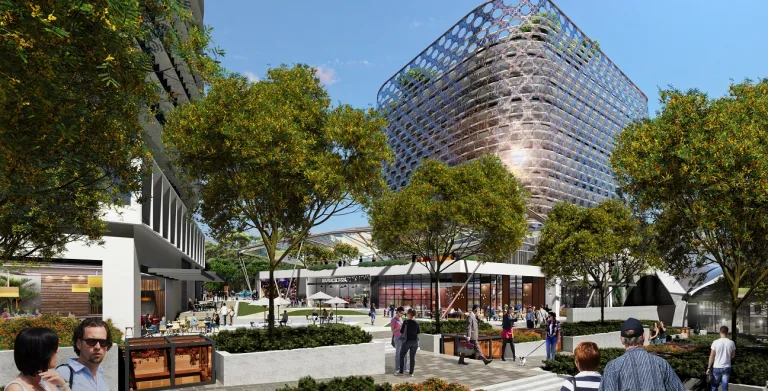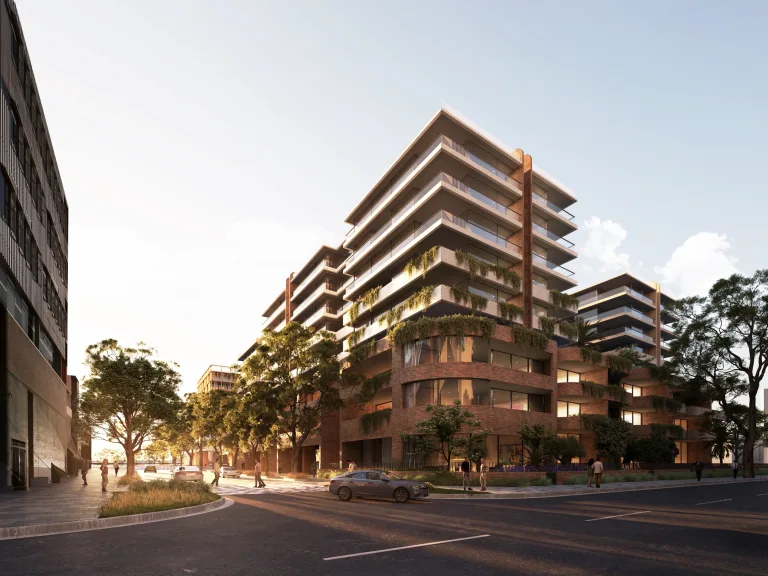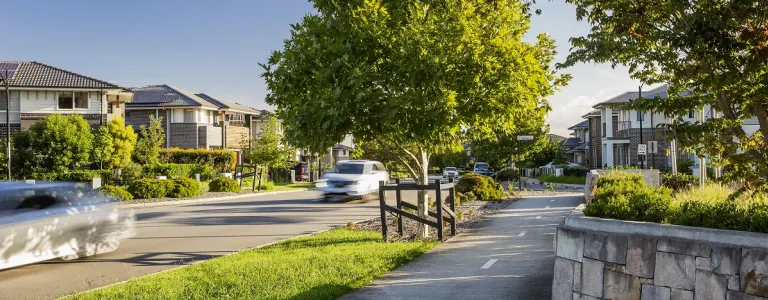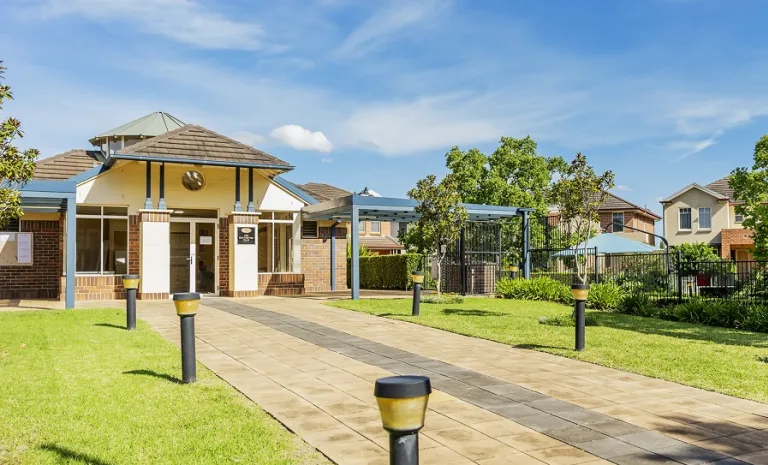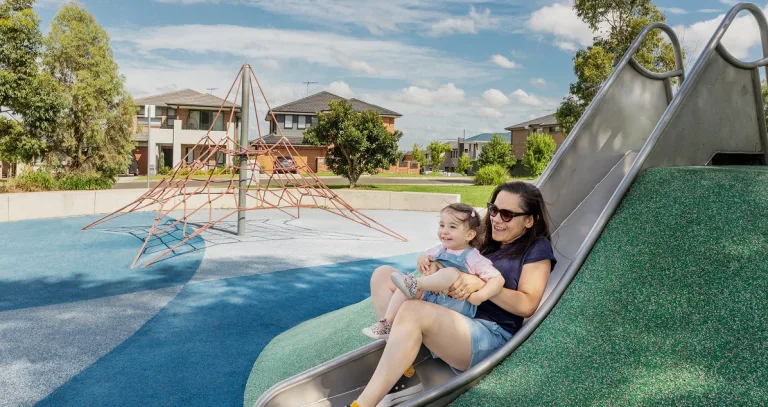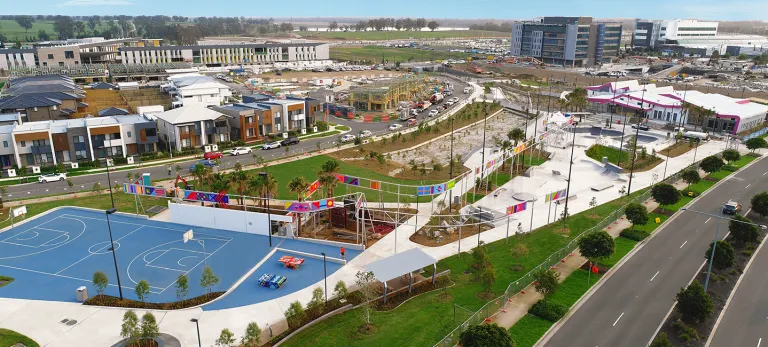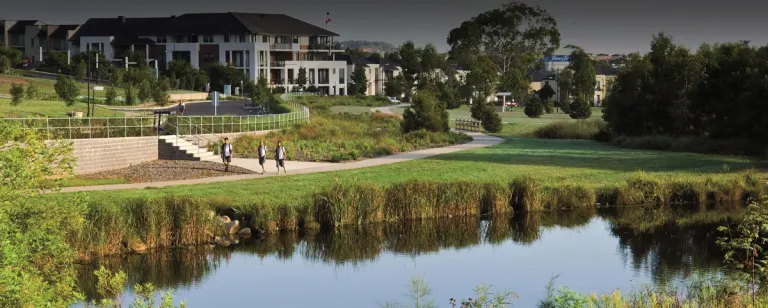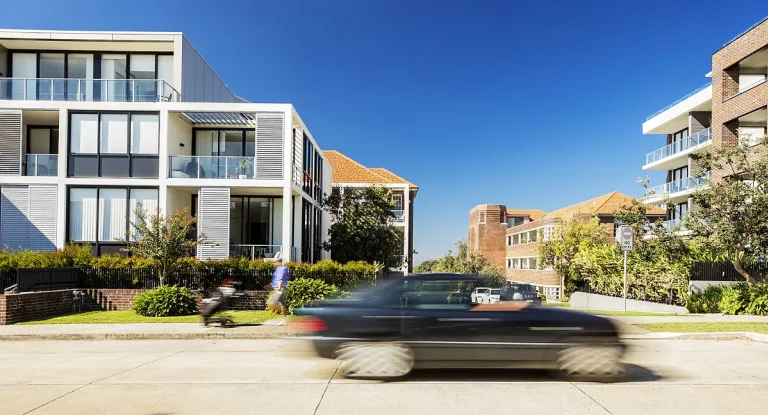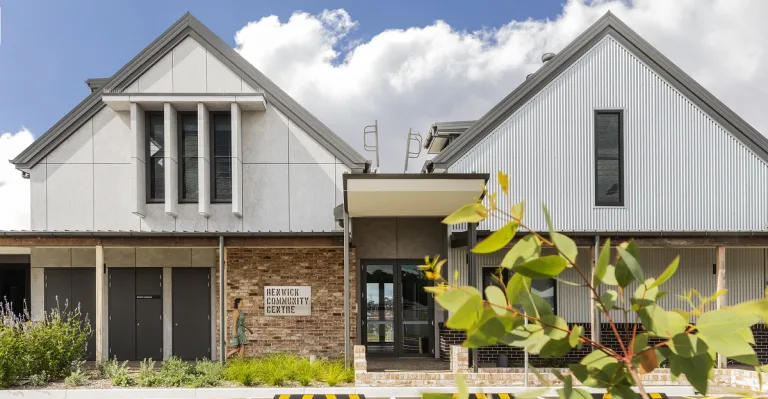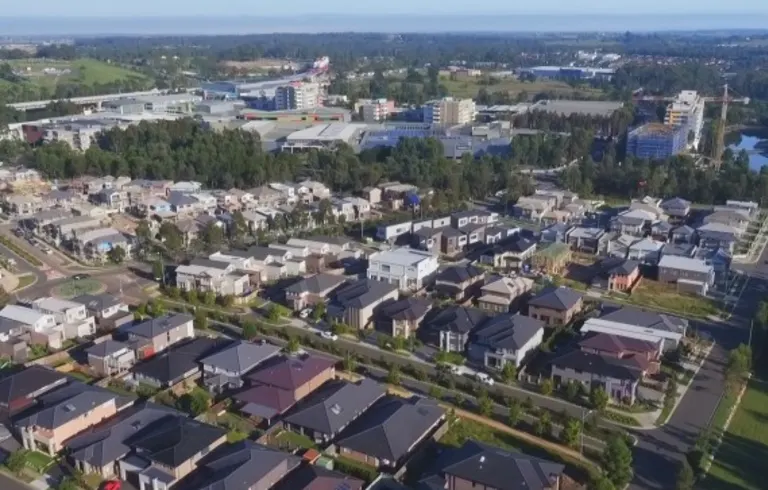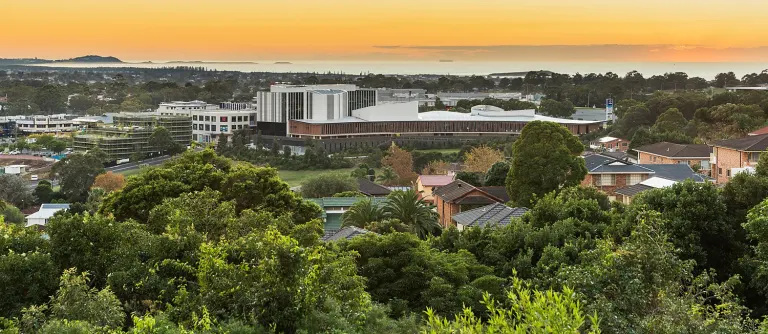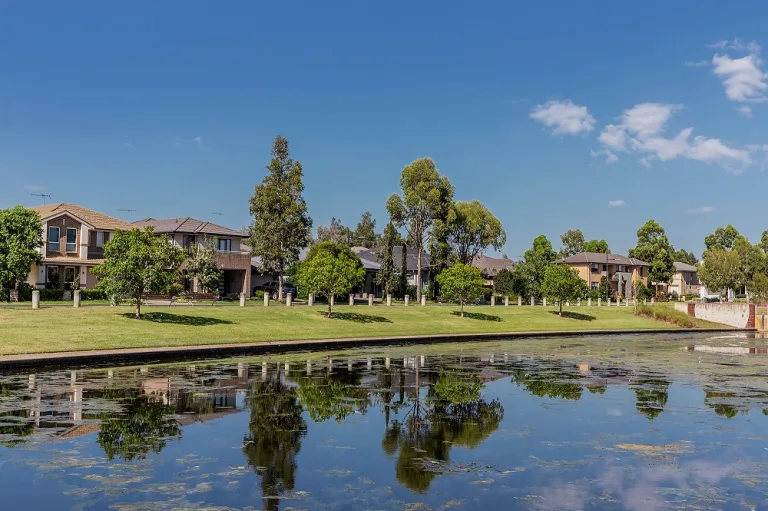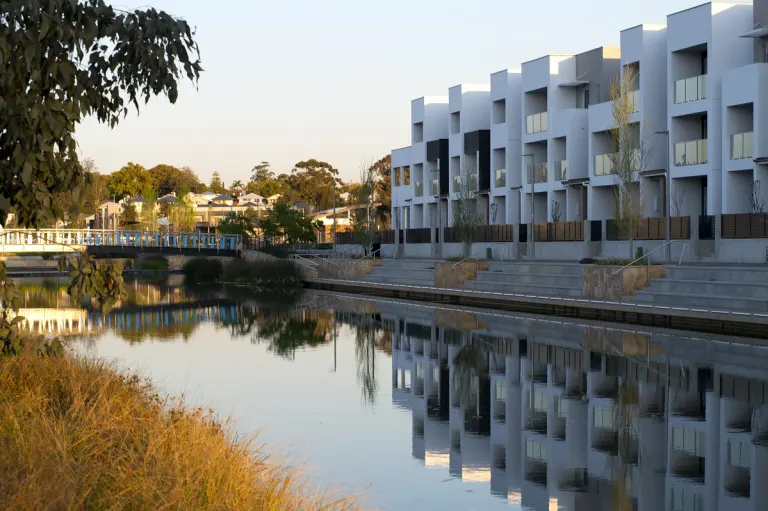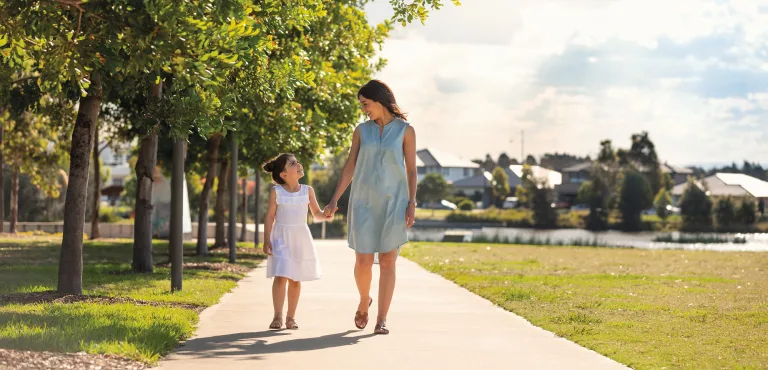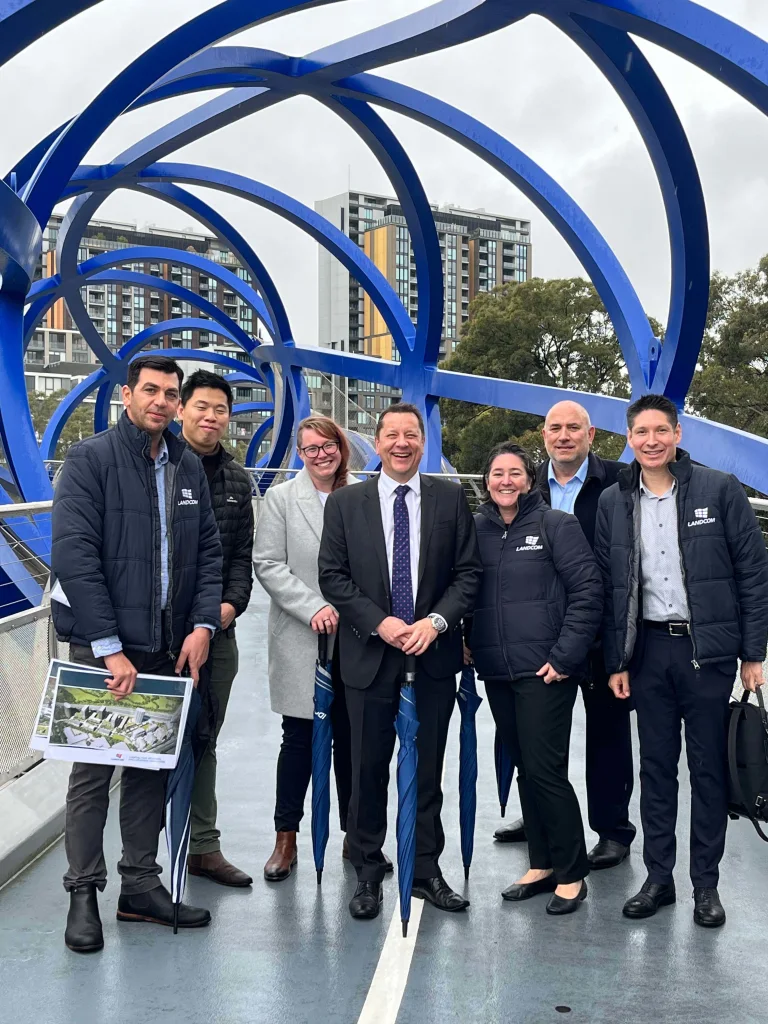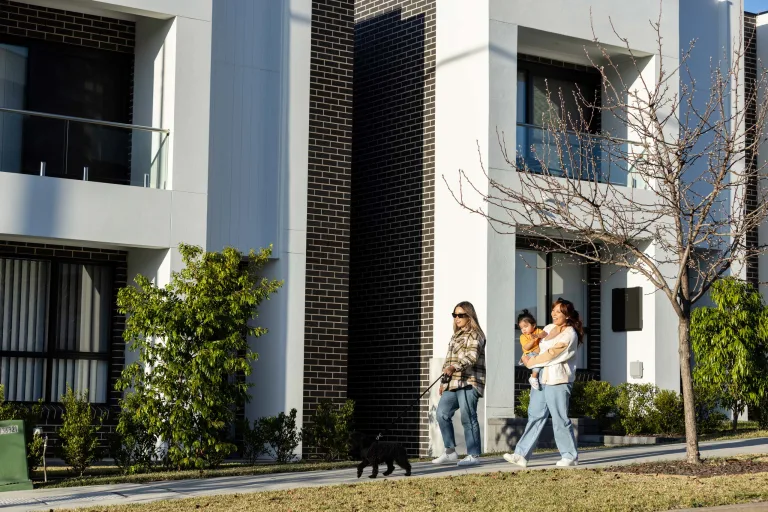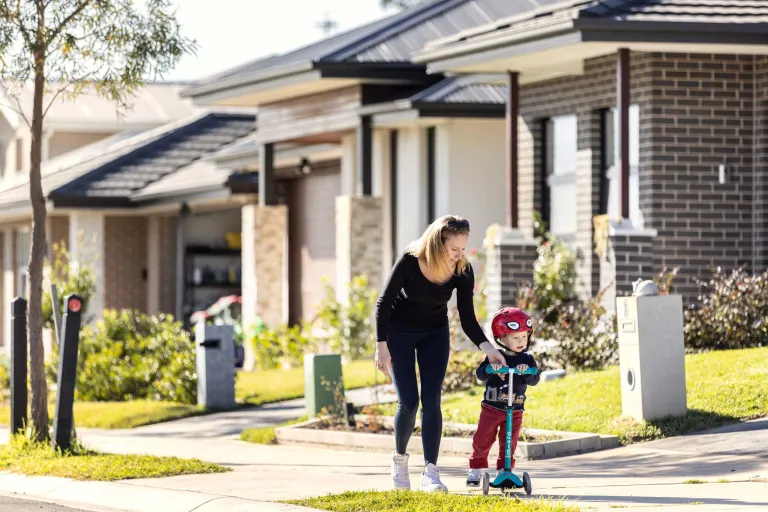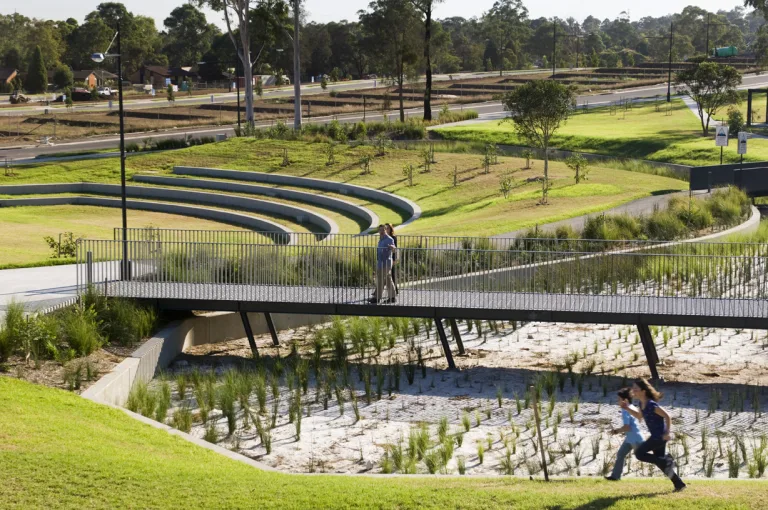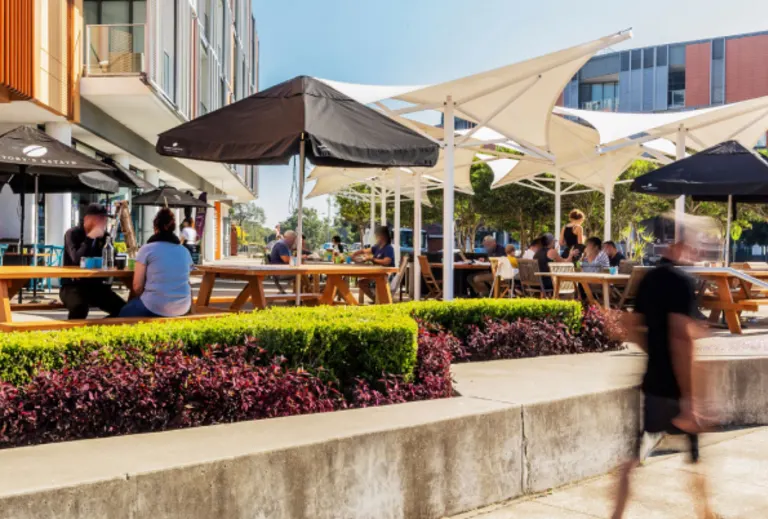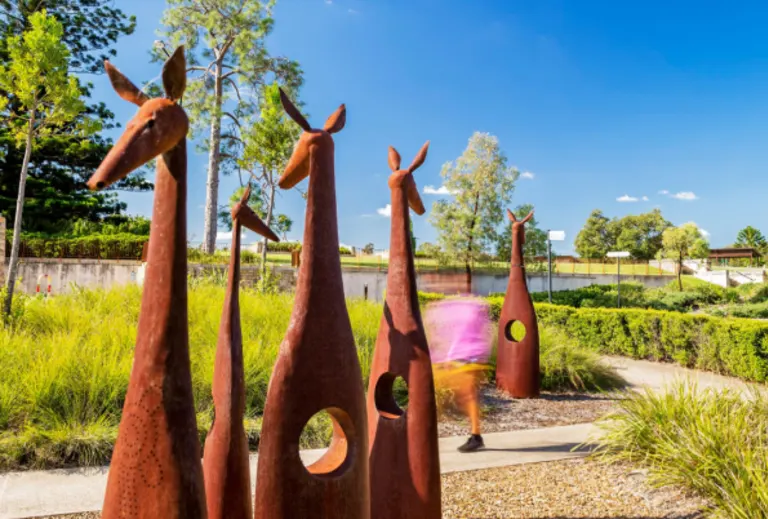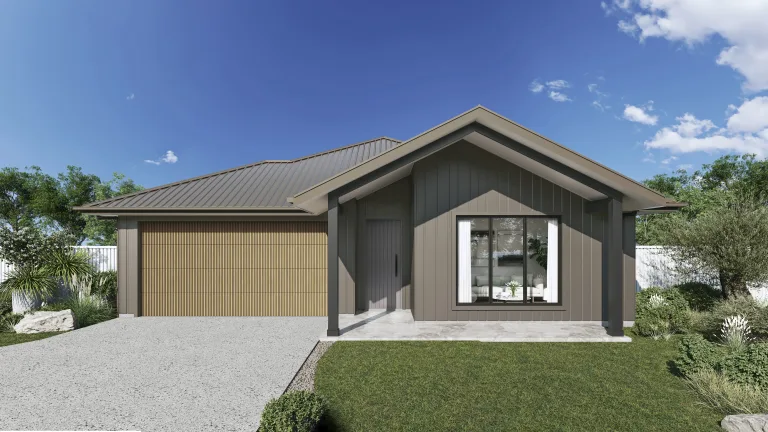
Who can get involved in an energy sharing community?
How to be part of the decentralised energy revolution: from small steps to large
Becoming part of an energy sharing community can be as simple as being a household that shares its energy generation and storage with the wider grid.
The more sharing across an energy sharing community the more financially attractive it is for all.

Single household with zero generation
- is there a retailer offering local renewable energy?
- is there an opportunity to join a community distributed energy resource (DER) project to source energy locally?
Single household with some generation (<10 KW)
- consider adding a household battery so you can join a virtual power plant (VPP) offered by retailers or traders
- find retailers or traders that are offering community battery storage
- find retailers or traders with a VPP participation option
Residential apartments in multi-dwelling units with no individual generation
- does your strata plan have an energy efficiency plan for common areas?
- does your apartment block offers shared use of local generation?
- is your apartment block considering an embedded network?
- find an energy retailer offering local energy usage plans
Household in a residential estate (high-rise apartments, terrace or townhouse), with or without individual generation
- make sure you can meet your own demand using any local distributed energy resource (DER) on offer
- check if your property has an energy efficiency plan for common areas
- check if your estate is considering a communal DER you can participate in as a generator or consumer
- consider how a communal estate DER can implement storage, either a behind-the-meter solution or buying or using a front-of-meter community battery
Business with <100 KW distributed energy resource (DER) capability
- make sure you can meet your own demand using local generation
- find an energy retailer offering localised energy usage
- inquire about joining a local community distributed energy resource (DER) project
Business with >100 KW distributed energy resource (DER) capacity and/or multiple sites
- ensure you can meet your own demand with local generation
- if you have excess generation capability, find an energy retailer that supports net metering across sites, or an employee participation scheme
- consider investing in building management systems such as smart meters and software, providing more insight into your usage to enabling future energy sharing
- consider how a communal DER can provide storage, either with a ‘behind the meter’ estate solution or through ‘front of meter’ community storage
Industrial estate with >100 KW distributed energy resource (DER)
- ensure you can meet your own demand with local generation
- consider how the estate can establish a communal DER you can participate in as a contributor or user
- consider investing in building management systems such as smart meters and software, providing more insight into load usage to enable future energy sharing
- consider how a communal distributed energy resource (DER) can provide storage, either with a ‘behind the meter’ estate solution or through ‘front of meter’ community storage. Discuss opportunities for hosting storage like a community battery in or near your site with your local energy network provider
Community groups
Consider local distributed energy resource (DER) projects for the whole community. This may involve:
- planning
- land allocation
- partial investment in or outright ownership of local DER projects
- negotiations with a distributed network service network provider (DNSP) about connection and integration
- design and construction of local DER components
- outsourcing elements of project development to local businesses
- managing energy sharing internally or outsourcing it to local businesses
- acquiring the capability and resources to become a licensed retailer/trader
- considering a staff participation scheme
- offering an energy sharing community to the local area
- developing DER agreements for buying and selling energy
- liaising with the grid network provider about hosting or co-operation on energy sharing
Remote communities, either council or community-led initiatives
- talk to the local grid network provider about new microgrid solutions using entirely local renewable energy resources, like solar or wind generation, and batteries
A collaboration between

Landcom notes the findings as a contribution to the ongoing exploration of ways to enable community energy sharing in NSW but does not endorse specific conclusions and recommendations. Users are advised to seek professional advice and refer to the relevant regulations, as necessary, before acting in relation to any matters covered by this paper.
